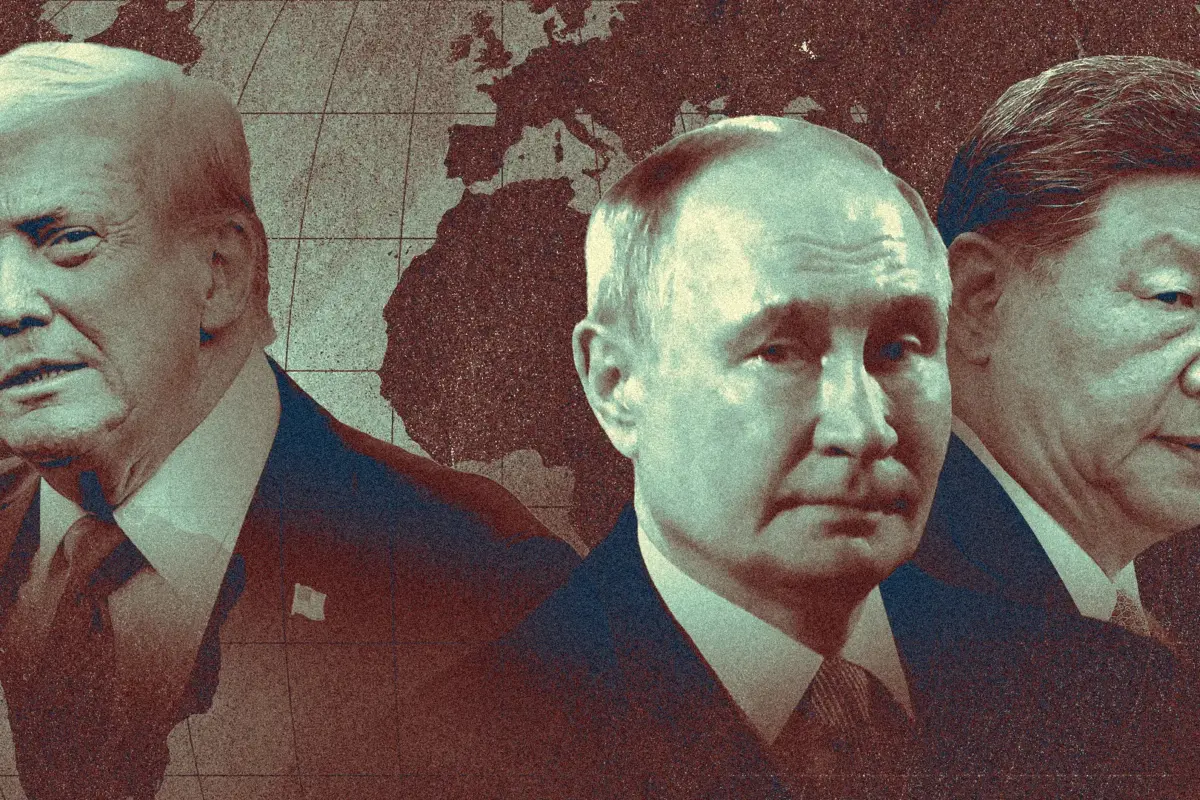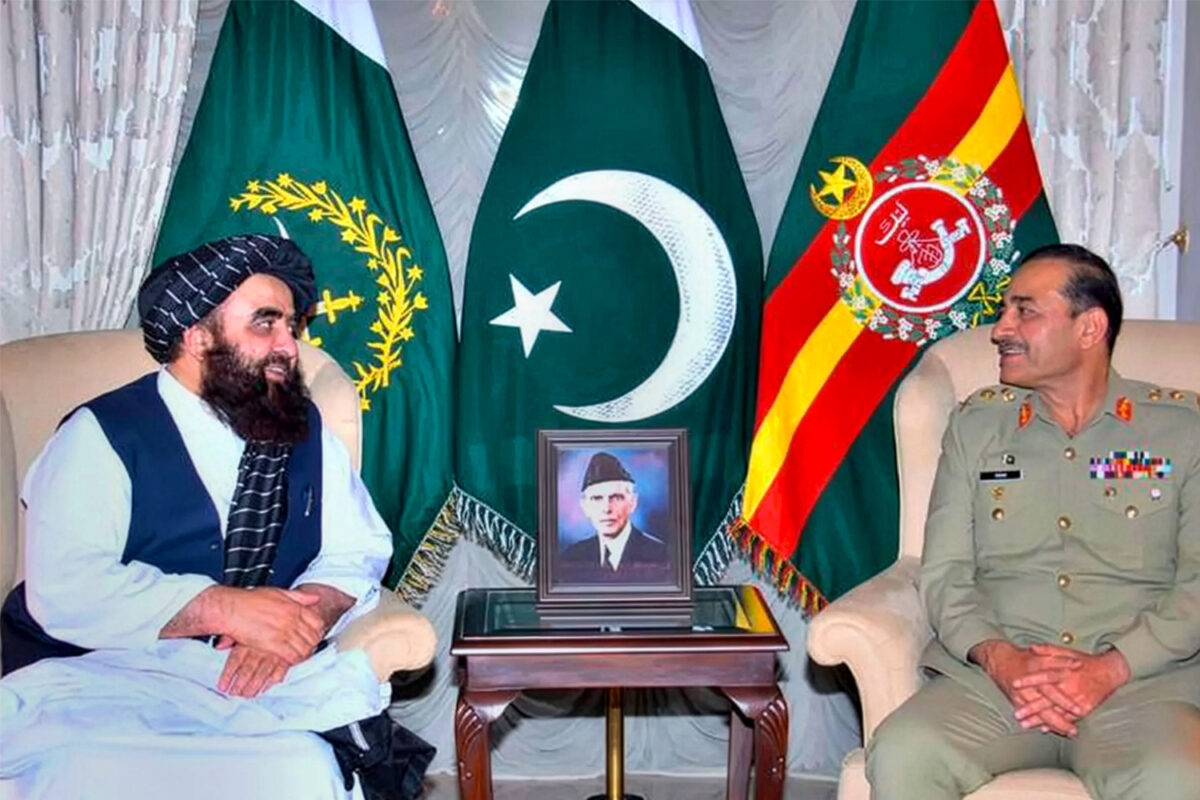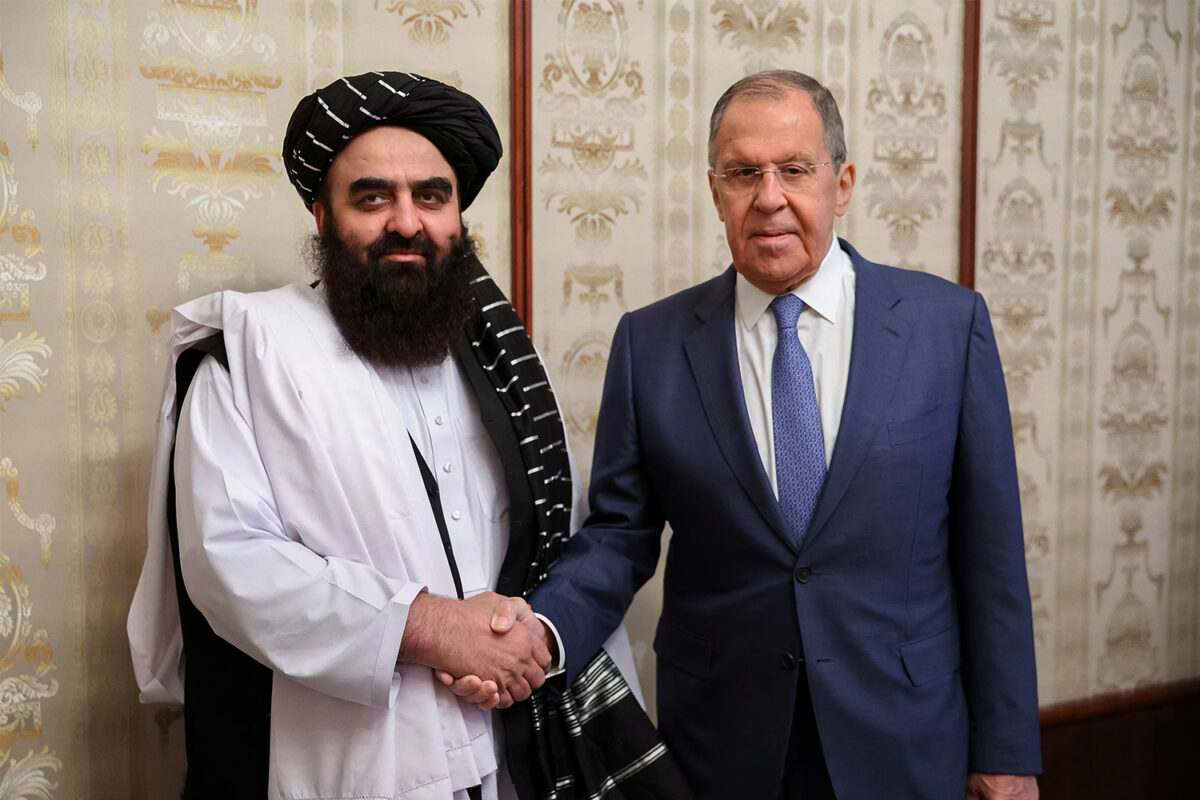US president Donald Trump reaffirmed his commitment to Afghanistan, despite pledging to end the war in his election campaign. He is now the third US president who will be grappling with the country. In this fourth part of the series looking at managing Afghanistan we look at the role Pakistan plays in managing the strategic country at the heart of Eurasia. For the US, manipulating and maintaining its grip on Pakistan is essential to managing Afghanistan, without which it cannot achieve its long term strategic goals.
For the US, Pakistan has long been a client state in achieving its wider aims in the region. The US lured Pakistan beginning in the late 1950s with military and economic aid at a time when India was aligned with the Soviet Union. For the US, Pakistan became a key state in the subcontinent against the Soviet Union, whilst Pakistan’s rulers saw this as a useful hedge against India which has always had a bigger economy, military and demographics. Then in operation Cyclone – the code name for the US CIA programme to arm the mujahideen, the US initiated multiple programs for training Jihadi groups in techniques such as car bombings, assassinations and engaging in cross-border raids into Afghanistan. The Islamification process was deemed necessary for the US as the Soviet invasion was seen as a potential threat to the Persian Gulf. The US CIA provided the money and resources, and the ISI utilized these in fighting a guerrilla war in Afghanistan against the Soviet Union. After the Soviet withdrawal the US left Pakistan to do the heavy lifting; it didn’t view it necessary for the US to have a large presence, when its client was proving so reliable.
This all changed after 9/11 and America’s subsequent invasion. Whilst the US invaded Afghanistan, it was Pakistan that played a central role in the US agenda, without which the US position would have be even more precarious today. The US commenced operations barely 30 days after Sept. 11th, which was not enough time to mount an invasion using US troops as the primary instrument. Rather, the US made arrangements with factions that were opposed to the Taliban and defeated in the Afghan civil war from 1992 – 2001. This included organizations such as the Northern Alliance and Shi’ah groups from the Hazarah community. These groups supported the US out of hostility to the Taliban and also due to substantial bribes paid by the US. The overwhelming majority of ground forces opposing the Taliban in 2001 were Afghan. The US inserted special operations forces teams to work with these groups and to identify targets for US airpower. Pakistan was given a number of ultimatums and General Musharraf in a speech on September 19th 2001 gave his unstinting support to the US.[1] The jihadi groups who had long been provided support by Pakistan’s army and ISI were either banned or their funding stopped and the tribes that supported such groups were also threatened to halt such activities.
Pakistan continues to play the vital role of supporting the American occupation of Afghanistan. It continues to provide full logistical, intelligence and military support to facilitate the occupation. The American goal is to retain a strong presence in the country with minimal personnel, whilst reducing its military losses and overall financial spend. This is why America has been attempting to train the Afghan army, to act as cannon fodder, whilst its own forces act as overseers secure in their many bases across the country. Pakistan’s role has been to eliminate militarily the Afghan resistance which uses Pakistan’s tribal areas as a staging post. America resorted to the same tactic in the Vietnam war when it also bombed Cambodia only this time Pakistan’s armed forces are doing the fighting. Indeed, dependency on Pakistan is so great, that the then US Chairman Joint Chiefs of Staff, Martin Dempsey highlighted: “Our strategic and national security goals remain to disrupt, dismantle and defeat al-Qaeda and to prevent the return of safe havens in Afghanistan and Pakistan. This would not be possible without Pakistani support.”[2]
Despite criticising Pakistan, successive US presidents have viewed Pakistan as essential in managing Afghanistan
All of Pakistan’s Chief of Army Staff (COAS), in the 21st century, have executed the US agenda, despite opposition domestically and from within the army itself. They have utilised various justifications such as India and the threat of terrorism on Pakistani soil to overcome such opposition. General Musharraf laid the seeds for the reversal of Pakistan’s policy towards India and Afghanistan and signed up Pakistan to America’s war on terror. General Ashfaq Kayani shifted the Pakistani army’s military focus away from its Eastern border to the Western border. Whilst General Raheel Sharif worked to bring the Afghan Taliban to the negotiating table. All three military rulers of Pakistan worked strongly to suppress dissent and any opposition to their agenda of supporting US aims. The US has been able to over decades build up support and links within both Pakistan’s military and civilian sector and has been able to use this to get Pakistan to bend to its agenda on both Afghanistan and the wider region. This does not mean the US has complete control over Pakistan and there is much opposition both within the army and administration, but the US has been able to rely on a small band of individuals, who happen to be in key positions in Pakistan.
Despite criticising Pakistan, successive US presidents have viewed Pakistan as essential in managing Afghanistan. Pakistan has deep, historical, cultural and economic links with Afghanistan and this is why the US views Pakistan as central to keeping a grip on Afghanistan. The US has long realised that the costs of holding on to Afghanistan is something it just cannot bear, but if it were to do a Vietnam on Afghanistan and walk away, it would lose this essential country in the middle of Eurasia to China and Russia. Therefore, it plans to maintain is strategic goals by utilising the surrounding countries. Pakistan is at the center of this strategy.
Part 1 – The US Failure in Afghanistan
Part 2 – Managing Afghanistan
Part 3 – The Geopolitics of Afghanistan
Part 4 – Managing Afghanistan Through Pakistan
Part 5 – Managing Afghanistan Through Iran and India
Part 6 – Managing Afghanistan Through China and Russia
Part 7 – Managing Afghanistan Through the Taliban
[1] http://edition.cnn.com/2001/WORLD/asiapcf/central/09/13/pakistan.support/index.html
[2] http://uk.reuters.com/article/uk-afghan-whitepaper-sb/excerpts-new-u-s-strategy-on-afghanistan-pakistan-idUKTRE52Q42P20090327




